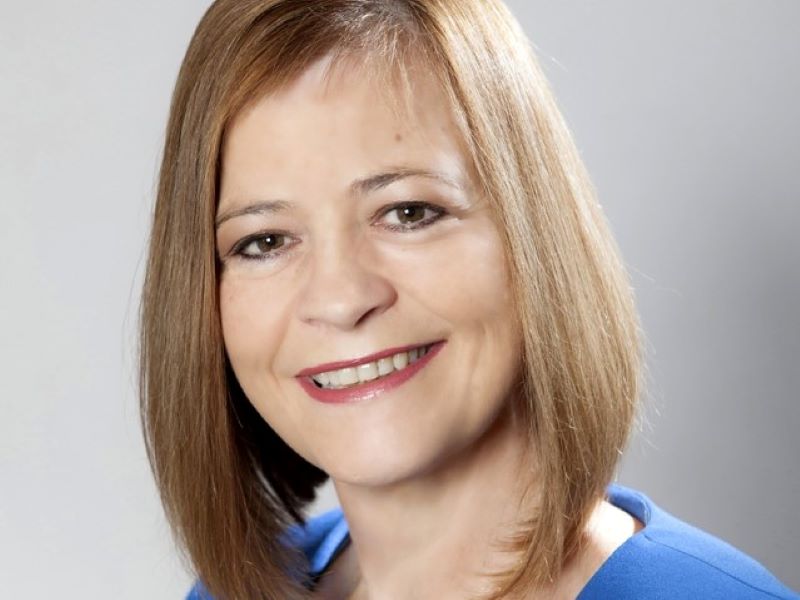The ARC is committed to continuous improvement and continues to undertake significant work to improve the way it supports high-quality, world-leading research in Australia.
We have recently released a new strategy , and we are currently working closely with the Review of the ARC announced by the Minister for Education Jason Clare.
As part of this commitment to improvement, it is important to strengthen public understanding of Australia’s research sector and to the correct the record where we believe errors of fact may seriously detract from the public’s understanding of Australia’s research sector or the trust and confidence of the sector in the ARC’s administration of research funding.
An article published in InnovationAus.com made a number of claims that were either grossly unfair or cannot be substantiated. Left unchallenged, these claims detract from the excellent work and the professionalism of the expert Assessors and College of Experts that underpins the excellence of the ARC and Australia’s peer review process.

The peer review process and the over 7000 expert assessors are at the centre of our work as a funding body. Australia is internationally recognised for its high-quality standard of research performance, both research output quantity and quality.
In 2020 Australia produced 3.3 per cent of the world’s scholarly output, 5.4 per cent of the top 10 per cent most cited publications and 6.5 per cent of the top 1 per cent of most cited publications. Our research sector punches above its weight globally.
The ARC seeks to identify and support high quality and innovative research and the core business of peer review relies on its assessors to provide rigorous assessments of applications submitted to the ARC that are within their expertise.
The ARC’s robust, impartial, and rigorous peer review process requires assessors to be objective, provide sufficient detailed comments on the merits or otherwise of applications, and to provide comments that are fair, meaningful, and balanced, in a timely manner.
The assessment has internal and external checks and balances to review and respond to any perceived or actual bias by assessors to ensure as equitable an outcome as possible.
The unsubstantiated questioning of the impartiality of ARC assessors detracts from the public’s confidence in the value of government funded research to Australia’s way of life.
ARC assessors are guided by a robust Conflict of Interest and Confidentiality Policy. Assessors must consider conflicts at both an individual and at an organisational level. Disclosures are ongoing throughout the assessment process and are done in a rigorous and transparent way.
The ARC may refer assessors or peer reviewers that fail to follow proper process in the disclosure and management of interests to their employing institution for investigation and can and has barred reviewers both temporarily and permanently from participating in the ARC processes.
Our strategy is based upon a commitment to engagement with our stakeholders. We listen to the sector and are taking steps to address their concerns regarding processes and timeliness.
I would point to the recent launch of our Industry Fellowships scheme as an example of listening closely to the sector and co-designing a scheme that meets their needs. The schemes aim to develop a strong pipeline of researchers with capabilities in research collaboration, translation, and commercialisation and to increase career pathways linking university and industry settings.
To conclude, the review of the ARC provides a wonderful opportunity for the ARC to engage in good-faith with the research sector to ensure that we are fit for purpose and future focussed.
Australia’s future will rely upon the innovations of today becoming the policies, products, and practices of tomorrow that will deliver improvements to our way of life.
These innovations require a large cohort of world-class Australian researchers committed not just to their own research but to supporting excellence in research overall.
At a time when we need to build our research capability, unfair claims neither add value to public conversation nor help build public confidence in the research sector.
Judith Zielke PSM is the chief executive officer at the Australian Research Council. Prior to joining the ARC in February 2022, Ms Zielke was chief operating officer at the national science agency CSIRO, after a lengthy public sector career encompassing a range of policy advice and implementation positions across the industry and innovation, infrastructure, trade and Attorney General’s portfolios.
Do you know more? Contact James Riley via Email.
